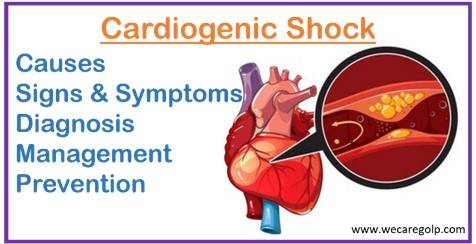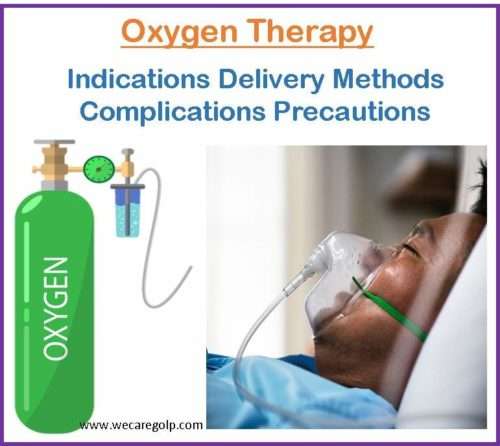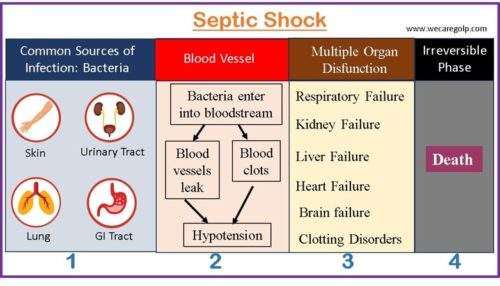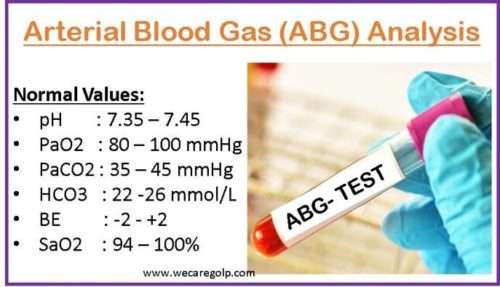Cardiogenic Shock (CS): Causes, Symptoms, Management
Introduction Cardiogenic shock (CS) is a life-threatening condition characterized by low cardiac output and compromised tissue perfusion. When the heart cannot pump enough blood to meet the oxygen and nutrient demands of the body, it occurs. Usually, several heart diseases are the reason for a severe reduction in the pumping capacity of the heart. Cardiogenic … Read more





